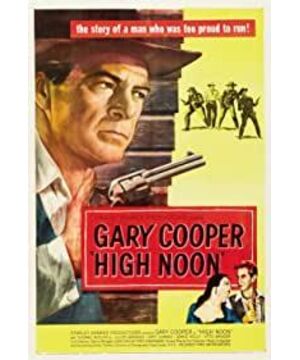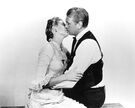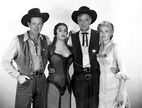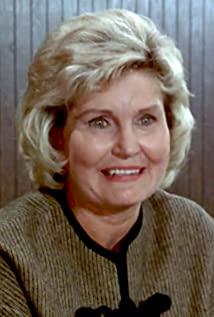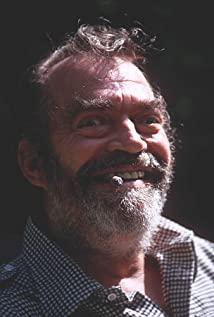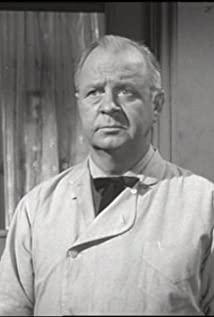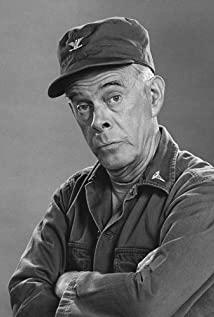(Mini Homework for Philosophy Class)
High Noon is not a typical Western film (at least on the plot) like A Fistful of Dollars or My Darling Clementine. There is no doubt that it shows that two main characters (Marshal Will Kane and his wife, Amy Kane) as heroes that thwarted the criminals' conspiracy; but the significant difference is that Fred Zinnemann spent a lot of time to describe the conflicts between town residents and the marshal, also Amy's moral conflict. Will Kane hopes that the residents of the town and his subordinates can accompany him to fight the criminals who are coming to town. However, none of them wants to accompany him, actually, one person is willing to go with him at first; but after the person knows that only he and marshal are in the group, he gives up very quickly. According to Kant, when people measure the total worth of our actions, duty always takes the first place , and it contains a good will.The duty that marshal contains is completely different from people in town. People judge their action merely by the end, which is they may lose life in fighting. On the contrary, marshal focuses on duty as intrinsic value, he does not care about what consequences of his action. Marshal's action, like Kant said,“From duty has its moral worth not in the purpose to be attained by it… but merely upon the principle of volition… without regard for any object of the faculty of desire” (4:400). The heroism of the film is embodied by the different treatment of moral duty between people in town and marshal. Besides, the other person who opposed the marshal, his wife, Amy Kane, has a different reason. She is a Quaker, so she disapproves her husband using violence to fight with criminals . When the choice is coming, she gives up rational thinking without hesitation because of Quaker's doctrine. “It is difficult for any single individual to extricate himself from the minority that has become almost natural to him”.But she is struggling throughout the whole film because she loves marshal and does not want to be a widow. In the end, she took her gun and shot a criminal. I think if Kant is watching this scene, he may be proud because it was a victory of the Enlightenment. If Amy follows the Quaker's doctrine without using reason to think this choice, she just like a pastor preaching in church, which is private use. But she chose to stand out from her doctrine that she used to believe, all her action becomes a kind of public use, and she accepts this unrestricted freedom to make her own choice by human's rationality. Just like Kant suggests, — “ Have courage to make use of your own understanding”.
View more about High Noon reviews


